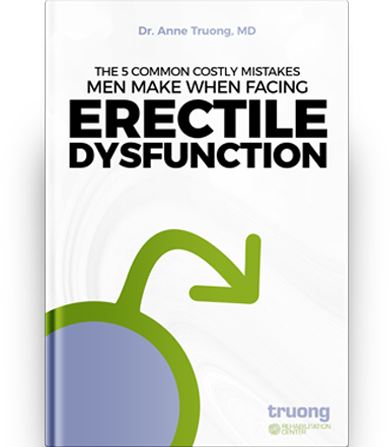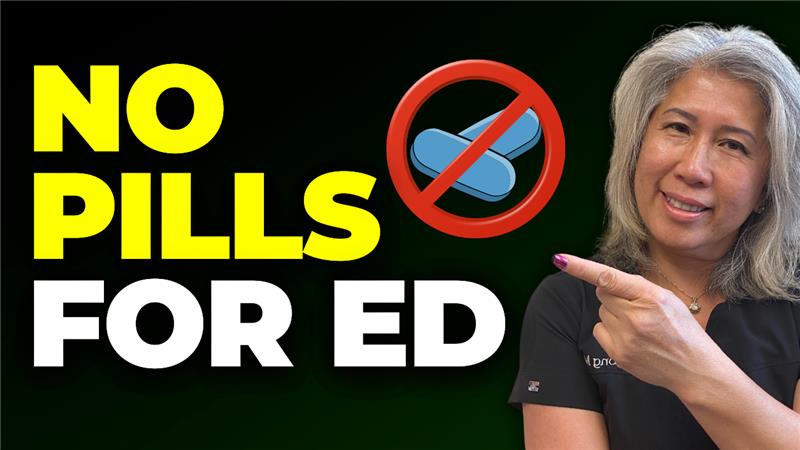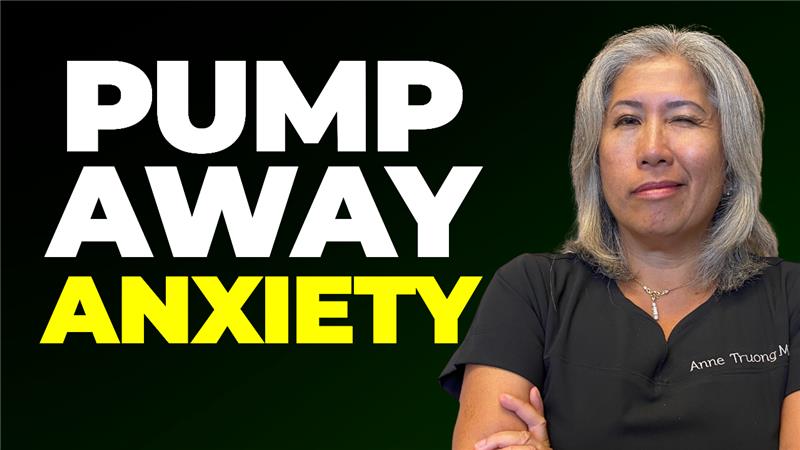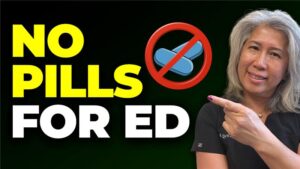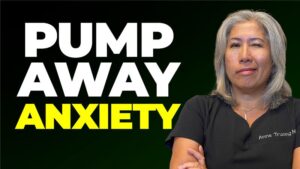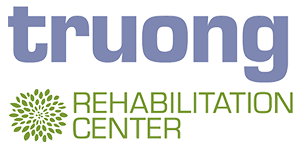Stress and anxiety are unwelcome guests in our modern lives. From demanding jobs to personal relationships, these mental health challenges can affect us in profound ways.
But did you know they might be affecting more than just your peace of mind? Erectile dysfunction (ED) is often thought of as a purely physical issue, but mental health plays a significant role as well.
This post aims to explore how stress and anxiety can contribute to ED, offering valuable insights for those struggling with this sensitive issue.
Understanding Erectile Dysfunction
Erectile dysfunction (ED) can be influenced by many factors, with stress and anxiety playing major roles. Chronic stress disrupts the body’s ability to function properly, leading to hormonal imbalances that can trigger ED. Anxiety worsens the problem by increasing mental pressure, which affects blood flow to the penis. A promising solution for many is PRP treatment for erectile dysfunction. Platelet-rich plasma (PRP) therapy involves using your body’s own growth factors to repair and rejuvenate tissues, enhancing natural erectile function. By addressing the root causes, this therapy can restore sexual health and improve overall well-being.
What Is Erectile Dysfunction?
Erectile dysfunction is the inability to achieve or maintain an erection sufficient for satisfactory sexual performance. It’s a common issue, particularly among men over 40, but it can affect younger men too. While occasional difficulty isn’t uncommon, persistent issues warrant attention.
Physical Causes of ED
Physical factors such as heart disease, diabetes, high blood pressure, and obesity are well-known contributors to ED. These conditions affect blood flow and nerve function, which are critical for sexual performance. However, physical factors are only part of the story.
The Role of Mental Health
Mental health is equally crucial. The brain initiates the physical process of arousal, and any disruption in mental well-being can hinder this process. Stress and anxiety can be major disruptors, leading to or exacerbating ED.
How Stress Affects Erectile Function
The Stress Response
When you’re stressed, your body enters “fight or flight” mode, releasing stress hormones like cortisol and adrenaline. These hormones prioritize essential survival functions, often at the expense of other bodily processes, including sexual function.
Impact on Blood Flow
Stress can constrict blood vessels, limiting blood flow to the penis. This makes it difficult to achieve or maintain an erection. Chronic stress can also lead to long-term blood vessel damage, further complicating ED.
Mental Distractions
Stress often leads to mental distractions during intimate moments. Worries about work, finances, or personal issues can make it hard to focus on the present, affecting sexual arousal and performance.
Anxiety and Its Influence on ED
What Is Anxiety?
Anxiety is a persistent feeling of worry or fear that can interfere with daily activities. It can be general or specific, ranging from generalized anxiety disorder (GAD) to performance anxiety.
Performance Anxiety
Performance anxiety is a specific form of anxiety focused on sexual performance. Worries about sexual ability can create a self-fulfilling prophecy, where anxiety leads to ED, which in turn increases anxiety.
The Vicious Cycle
Anxiety and ED can create a vicious cycle. Anxiety causes ED, and experiencing ED increases anxiety, making future sexual encounters even more stressful. Breaking this cycle is crucial for improving both mental health and sexual function.
The Science Behind the Connection
Neurotransmitters and Hormones
Neurotransmitters like dopamine and serotonin play a role in sexual arousal and performance. Stress and anxiety can disrupt the balance of these chemicals, leading to ED. Cortisol, the primary stress hormone, can lower testosterone levels, further affecting sexual function.
Brain-Body Connection
The brain and body are deeply interconnected. Mental health issues like stress and anxiety can manifest as physical symptoms, including ED. Addressing mental health is often a key step in resolving physical issues.
Research Findings
Studies have shown a strong link between mental health and ED. According to a study published in the Journal of Sexual Medicine, men with anxiety disorders are more likely to experience ED. Another study in the International Journal of Impotence Research found that stress management improved ED symptoms.
Managing Stress and Anxiety
Mindfulness and Meditation
Mindfulness and meditation are effective tools for managing stress and anxiety. These practices promote relaxation, improve focus, and reduce cortisol levels. Regular practice can enhance overall well-being and sexual function.
Physical Activity
Exercise is a natural stress reliever. Physical activity releases endorphins, which improve mood and reduce stress. Regular exercise also improves blood flow, which is essential for erectile function.
Social Support
Talking to friends, family, or a therapist can provide emotional support and reduce feelings of isolation. Social connections improve mental health, which in turn can alleviate symptoms of ED.
Professional Help
Therapy and Counseling
Cognitive-behavioral therapy (CBT) is effective for treating anxiety and performance anxiety. It helps identify and change negative thought patterns, improving mental health and sexual function.
Additionally, incorporating massage therapy can further enhance relaxation and reduce tension, complementing the benefits of CBT.
Medication
Medications like selective serotonin reuptake inhibitors (SSRIs) can treat anxiety and depression, potentially improving ED symptoms. However, some medications have side effects that can affect sexual function, so it’s essential to discuss options with a healthcare provider.
Medical Treatments for ED
For those whose ED persists despite addressing stress and anxiety, medical treatments like PDE5 inhibitors (e.g., Viagra, Cialis) can be effective. These medications improve blood flow to the penis, aiding in achieving and maintaining an erection.
Lifestyle Changes
Healthy Diet
A balanced diet rich in fruits, vegetables, whole grains, and lean proteins can improve overall health and reduce stress. Antioxidant-rich foods like berries and nuts can improve blood flow and reduce inflammation.
Adequate Sleep
Sleep is crucial for mental and physical health. Poor sleep can increase stress and anxiety, exacerbating ED. Aim for 7-9 hours of quality sleep each night.
Avoiding Substances
Alcohol and recreational drugs can worsen ED and increase anxiety. Reducing or eliminating these substances can improve both mental health and sexual function.
Conclusion
Stress and anxiety are common issues that can significantly impact erectile function. Understanding the connection between mental health and ED is the first step toward addressing the problem.
By managing stress and anxiety through mindfulness, exercise, and professional help, you can improve your mental health and sexual function. Remember, you’re not alone in this struggle, and help is available.
Ready to Take the Next Step?
If you are struggling with erectile dysfunction due to stress and anxiety, don’t hesitate to reach out for help. At Truong Rehabilitation Center, Dr. Anne Truong specializes in providing comprehensive evaluations and tailored treatment plans to address your unique health needs.
With a focus on both physical and emotional well-being, Dr. Truong is dedicated to empowering her patients to regain control of their health and enhance their quality of life.
Book your consultation today to discuss your concerns, explore your options, and take the first step towards a healthier future. Your journey to better health starts here!


